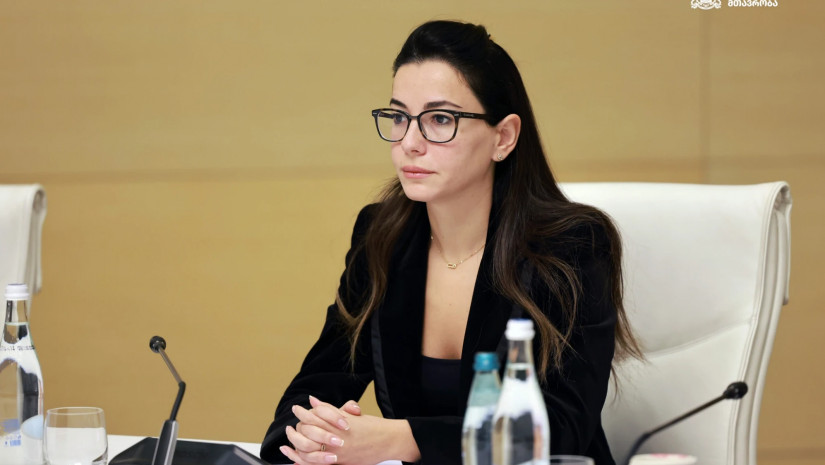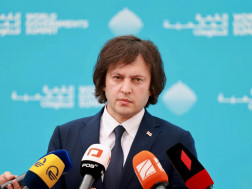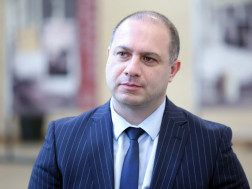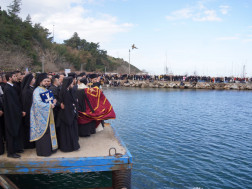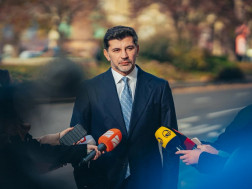At the 11th ministerial meeting of the “Green Energy Corridor,” held in Tbilisi with the participation of representatives from Georgia, Azerbaijan, Romania, and Hungary, Minister of Economy and Sustainable Development Mariam Kvrivishvili spoke about the ongoing reforms in Georgia’s energy sector, current challenges, and future prospects.
According to her, the reforms being implemented in the sector ensure transparency of Georgia’s energy market, its competitiveness, and attractiveness for investors, which is also important for deeper integration with Europe’s energy market.
“Our goal is for Georgia—thanks to its renewable energy generation capacity, including wind and solar energy projects, together with its already well-developed hydropower sector—to become a regional hub for renewable energy,” the economy minister noted.
According to Mariam Kvrivishvili, under the energy storage program, tenders have already been announced for battery projects with a total capacity of 200 MWh, the implementation of which will improve the reliability and flexibility of the system.
At the same time, the minister reported that Georgia’s State Electric System is constructing new transmission lines and substations that meet European standards, which will strengthen the reliability of the grid and support the efficient integration of new renewable capacities.
The economy minister also emphasized the importance of electricity market reform and harmonization of legislation with the EU’s Fourth Energy Package, which is actively underway.
Alongside Mariam Kvrivishvili, the ministerial meeting of the “Green Energy Corridor” was attended by Azerbaijan’s Minister of Energy Parviz Shahbazov, State Secretary of the Ministry of Foreign Affairs and Trade of Hungary Boglarka Iles, and State Secretary of the Ministry of Energy of Romania Cristian Busoi.
The event was also attended by the ambassadors of these countries, representatives of Georgia’s Ministry of Foreign Affairs, Georgia’s State Electric System, transmission system operators of Romania, Azerbaijan, and Hungary, as well as representatives of the World Bank and the Asian Development Bank.




